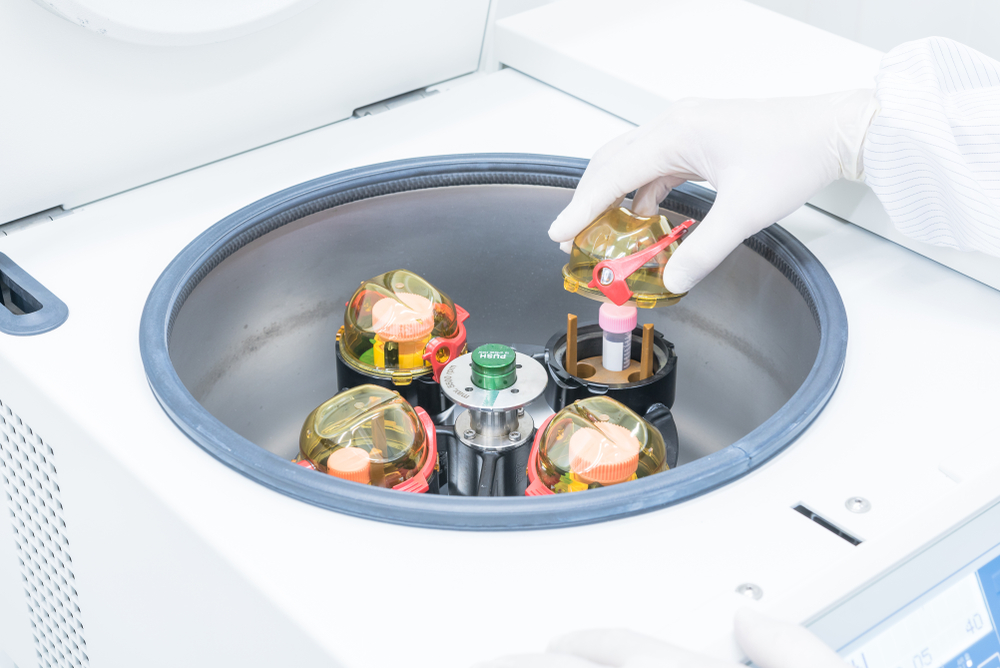Bio-scientists around the world rely on their CO2 incubators to stimulate the growth of organic materials like cells or tissue. At Cryostar, we know just how critical these machines are to the work of bio-science labs. Additionally, we do everything we can to help keep them functional and in great shape.
5 Important CO2 Incubator Features
Without a doubt, CO2 incubators are very important tools in scientific labs. Therefore, all lab personnel should be familiar with the incubator’s most vital features. Obviously, not all CO2 incubators are the same. There are numerous models and manufacturers with many distinctions between them. However, most CO2 incubators share their most important features. In this post, we’ll break down the CO2 incubator features you should know.
1. PID Control Systems
Many incubators feature PID control systems. Often, these panel feature touch-sensitive buttons that make controlling the incubator’s settings much simpler. These PID control systems also contain micro-computer chips installed during assembly. Micro-computer chips help to keep employees safe throughout the course of their research.
CO2 incubators which feature PID controls help to maintain precise environmental conditions within the chamber. As a result, the unit produces reliable and accurate results. Many other models have a combination of analog and digital controls. However, the incubators with PID controls are often significantly safer, more cost-efficient and a lot more accurate.
2. Ultrasonic Sensors
The ultrasonic sensors within CO2 incubators have the precise ability to measure and regulate the gas concentration within the chamber. As an additional benefit, these sensors don’t experience the standard wear-and-tear of typical lab equipment. They’re incredibly precise, sensitive to microscopic changes and have a very long life. Additionally, most CO2 incubators have infrared sensors, which detects and controls the CO2 levels.
3. Air Circulation
Industry experts agree that air circulation is essential to the general functions of CO2 incubators. The incubator’s fans provide complete, top-to-bottom, uniform conditions within the entire unit. Also, the fans offer rapid recovery of temperature, humidity and gas exchange after the doors open. Basically, this guarantees the cells within grow in the most controlled and healthy environment possible.
4. Auto-Start Functions
Auto-start functions are automatic procedures for the start and adjustments of the CO2 measuring system. After the start, the controls alter the temperature to the set value while the device generates humidity. Once the temperature and humidity reach constant values, the CO2 measuring system automatically adjusts to these values. Then, the work space is supplied with the preset quantity of CO2.
5. Filtration
Most CO2 incubators come with HEPA (high-efficiency particulate air) filtration systems. HEPA filtration provides extraordinary protection from airborne contaminants. Most professionals consider it to be the most efficient filtration any device can have. In fact, HEPA filtration can be found in everything from vacuum cleaners to heating systems.
HEPA filters have the ability to filter up to 99.99% of bacteria and dust particles. In CO2 incubators, this means a much cleaner environment with minimal contamination.
CO2 Incubator Maintenance
Obviously, CO2 incubators are incredibly important devices. The labs who use them are reliant on them to perform at their highest capacity. Therefore, it’s crucial to know how to prolong the life of your incubator as well as keep it functioning. Without a doubt, the best way to keep your incubator operating smoothly is to ensure it’s properly maintained. Services like decontamination, calibration and regular cleaning can go a very long way in keeping your incubator performing well. With the right maintenance, you won’t have to repair or replace your incubator for many, many years.
Calibration Services
Most experts consider calibration to be the first step to preserving a CO2 incubator. In fact, calibration is so important that there are numerous institutions (such as the National Institute of Standards and Technology) in place to verify the legitimacy of calibration services. In essence, calibration involves a professional technician (such as those at Cryostar) regularly performing state-of-the-art tests to ensure the device is producing accurate and reliable data.
A CO2 incubator’s calibration is no exception. These tests are a way to, essentially, test your incubator’s performance. During calibration, an expert will verify your incubator’s working properly. Additionally, it will be adjusted as necessary to make sure it’s operating to industry standards.
Conclusion
With many years repairing and servicing lab equipment, at Cryostar Industries we know just how vital CO2 incubators are to the labs that use them. With the proper knowledge, care and maintenance, your lab’s incubator will continue to perform at the very highest levels for as long as possible.
At Cryostar, we can help your lab maintain, calibrate, troubleshoot or repair your CO2 incubator (and other scientific equipment).

| Call for Immediate Lab Services |
|---|
| Long Island, Nassau & Suffolk County Call: 516-333-4006 |
| The Bronx, Manhattan, Brooklyn, Queens, & Staten Island Call: 718-885-0833 |
| Albany & Southern New York State Call: 800-564-5513 |
| Piscataway, Northern & Central New Jersey Call: 800-564-5513 |
| Danbury Connecticut & Surrounding Areas Call: 203-748-7343 |
24/7 Emergency ServiceCall: 1-800-564-5513 |